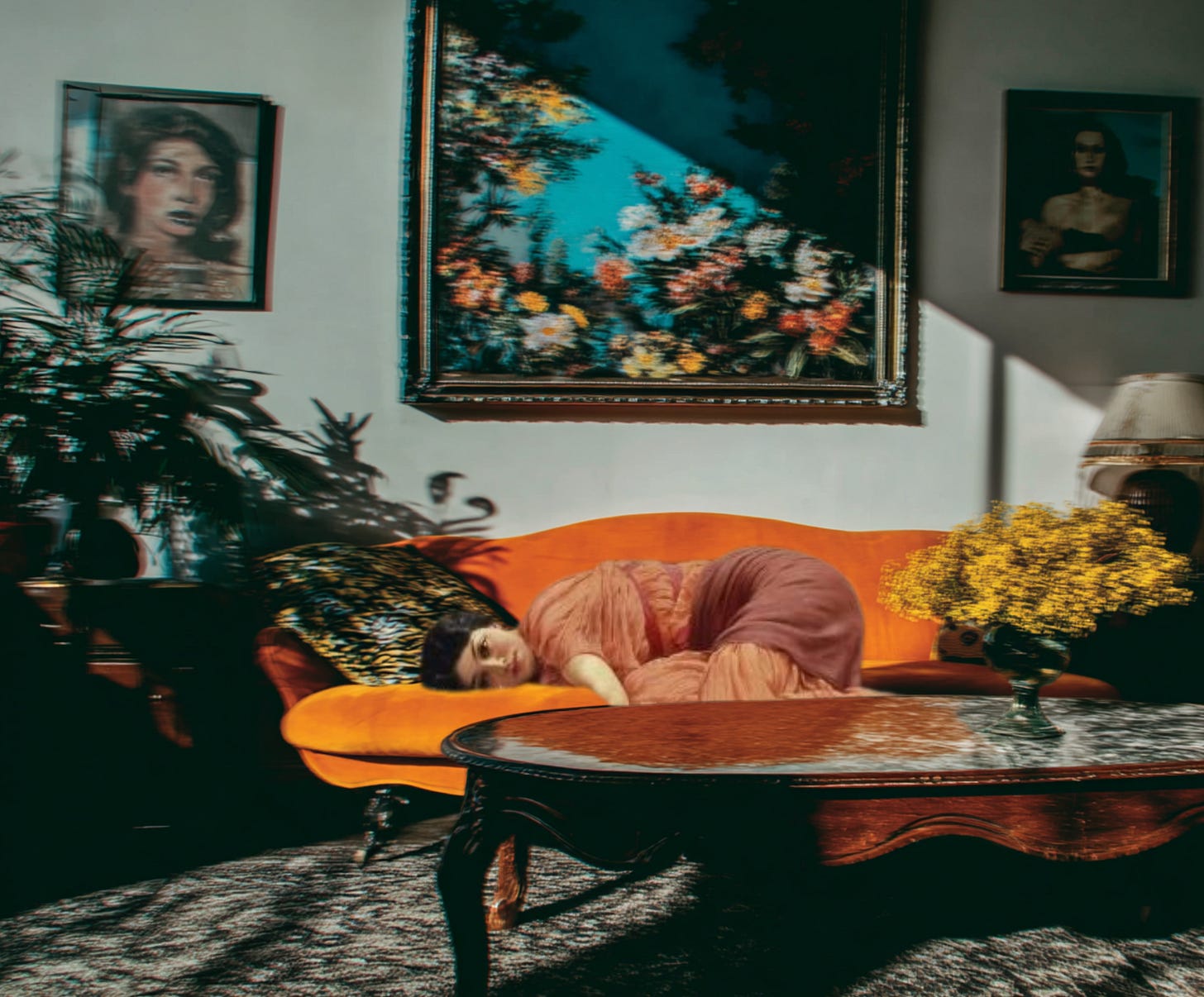
2 essays in one day bc I’m TOO NOSTALGIC FOR SUMMMMMMEERRR!! 🌞🍑💦😊
June 18th, 5:25pm
It was the summer of 2019 and the floorboards of my Venetian hotel room creaked with centuries of secrets as I lay awake on the third floor, jet lag clinging to my body like the humid night air. Through the casement windows (those impossibly romantic windows that open outward like doors to somewhere else entirely) I could hear the gentle sounds of the restaurant below. Forks against plates, wine glasses clinking in casual toasts, and the rise and fall of Italian conversation that would continue until 2 AM. I had planned to collapse immediately—twelve hours of flights will do that to you—but something about those voices kept me suspended in that strange space between consciousness and sleep.
At home, I need my white noise machine. That steady, mechanical hum has become as essential to my bedtime routine as brushing my teeth. But that night, I found myself drawn to something far more human: the sound of people who had nowhere else to be, talking and laughing as if time itself had slowed to match their rhythm.
The remarkable thing wasn't that I could hear them—it was that I wanted to. These weren't the hurried exchanges of people checking items off their evening agenda. This was something else entirely. The sound of humans existing beautifully in time, unhurried and unoptimized. They talked until 2 AM, not because they had scheduled three hours for dinner, but because the conversation was good and the night was warm and the moment deserved to be savored rather than rushed through.
I couldn't understand a word they were saying, which somehow made it even more perfect. I was hearing the texture of leisure itself, the rhythm of a culture that still remembers how to linger. And somewhere in that accidental symphony, I drifted off to sleep without needing my sound machine to drown out the world.
I woke to sunlight streaming through those open windows and a city holding its breath in the early morning quiet. The only sound was a single tourist dragging their suitcase across the cobblestones below—that harsh scraping that announces the performance of travel, the urgent business of getting from point A to point B. Even in Venice, it seemed, we couldn't escape the sound of someone going somewhere fast.
But for those few hours in between, I had accidentally stumbled into what the Italians call dolce far niente: the sweetness of doing nothing. Not the restless nothing of scrolling through our phones, not the guilty nothing of procrastination, but the radical nothing of simply being present in a moment that asks for nothing more than your attention.
I've been thinking about this concept a lot lately, especially as summer approaches. There's something about the season that makes us collectively exhale. Even those of us trapped in air-conditioned offices start to move a little differently when the days stretch longer. We remember, somewhere in our bones, that there was once a time when humans lived according to the rhythm of light and seasons rather than the ping of notifications.
The Mediterranean still holds this memory. I've noticed it in Spain, where the afternoon siesta isn't just a nap but a cultural acknowledgment that some hours are too hot for hustle. In Greece, where dinner doesn't start until 10 PM because why would you rush toward the end of the day? In Italy, where that restaurant below my window operated on what they call tempo giusto—the right time, the natural rhythm that emerges when you stop forcing every moment to be productive.
We've lost this in America. We've turned even our rest into a project. We have "self-care Sundays" and optimized sleep schedules and mindfulness apps that gamify meditation. We practice "work-life balance" as if life were something to be managed rather than lived. We apologize for taking breaks, justify our downtime with productivity metrics, and feel guilty for lying in bed an extra ten minutes as if those minutes were somehow stolen from a more deserving use.
I catch myself doing this constantly. Just last week, I found myself feeling anxious about having nothing planned for a Saturday afternoon. Nothing planned—as if the absence of agenda were a personal failing rather than a gift. I ended up scrolling through my phone, not because I wanted to, but because pure quiet felt too vulnerable, too much like admitting I didn't know how to just be.
But here's what I'm learning: boredom might be the most intelligent thing we can do. Not the restless, phone-reaching boredom of our overstimulated nervous systems, but the deeper boredom that comes when we finally stop running from ourselves. This is where our best thoughts live—in the shower, on long drives, in those moments when we're staring at nothing in particular and suddenly understand something we've been trying to figure out for months.
The Renaissance Italians understood this. They painted women like the one in John William Godward's Dolce Far Niente—languid figures draped in flowing fabric, surrounded by the textures of unhurried life. These weren't portraits of laziness but celebrations of a different kind of intelligence, the wisdom that emerges when we stop demanding that every moment justify its existence.
There's a politics to this, though I don't mean it in the way you might think. Choosing to be fully present, to resist the constant demand for optimization and efficiency, becomes a quiet form of rebellion. In a culture that measures our worth by our productivity, insisting on our right to simply exist feels almost revolutionary.
I think about those diners below my Venice window, how they weren't performing leisure or practicing "intentional rest." They were just living—talking and laughing and savoring not just the food but the company, the night air, the simple pleasure of having nowhere else to be. When was the last time any of us did that here? When did we last sit somewhere until 2 AM not because we had to but because the conversation was that good? (To be honest, I’m not sure I could stay away until 2 AM these days, but that’s besides the point.)
Summer gives us permission to remember. The season arrives on June 20th, just days away now, carrying with it the ancient promise that some things are more important than efficiency. The weight of humid air, the feeling of bare feet on cool floors, the way afternoon light moves differently when it has nowhere urgent to go. These aren't just sensory experiences—they're reminders of a different way of being in the world.
I'm not suggesting we abandon all structure or reject the satisfaction of meaningful work. But maybe we can learn to distinguish between the productive action that creates and connects and the frantic motion that just keeps us from having to sit still with ourselves. Maybe we can remember that there's a difference between being busy and being alive.
Tonight, I might try sleeping with my windows open instead of my white noise machine on. I probably won't hear Italian conversations drifting up from the street, but maybe I'll hear something else worth listening to—the sound of a world that continues to exist even when I'm not actively participating in it, the gentle reminder that I don't have to earn my place in every moment.
Because here's what I learned in that Venetian hotel room: sometimes the sweetest thing we can do is absolutely nothing at all. Not as a reward for productivity, not as a means to an end, but as an end in itself—the radical act of existing without agenda, of being present without purpose, of finding in the simple fact of our own breathing something worth celebrating.
Dolce far niente. The sweetness of doing nothing. Maybe it's time we tasted it again. xoxo
catch up on some reading ICYMI —
your ideas need room to breathe
I've been thinking about the things I've learned about myself that I never could have discovered in the safety of my own notebook. The realizations that only came when I stepped across that invisible threshold from private scribbling to public offering, from interior monologue to actual conversation.
the audience of none: no one is watching you
The truth I'm about to share with you is so simple it feels almost insulting: no one is really watching. Not the way we think they are. Not the way we've been performing our entire lives, curating ea…



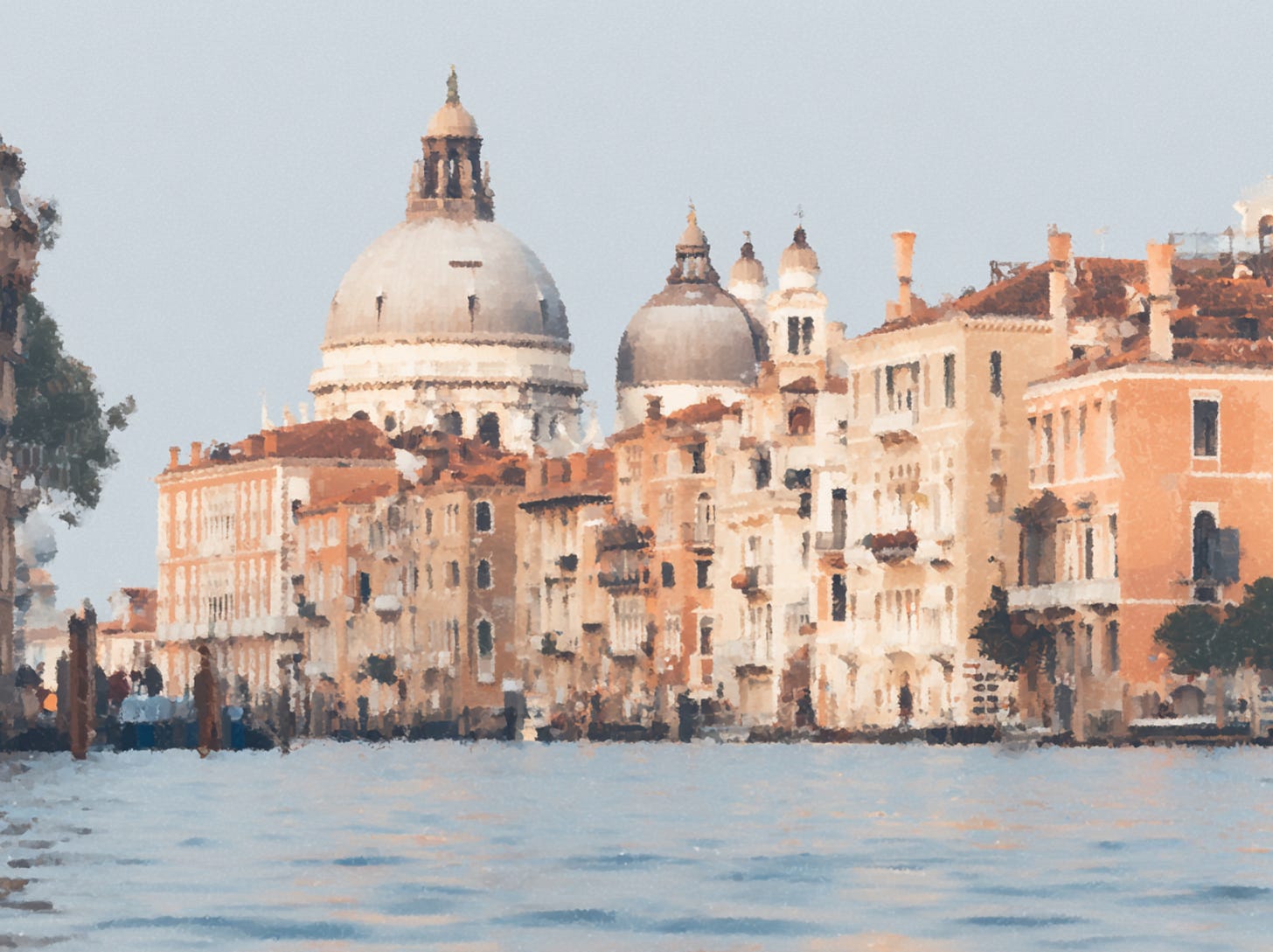
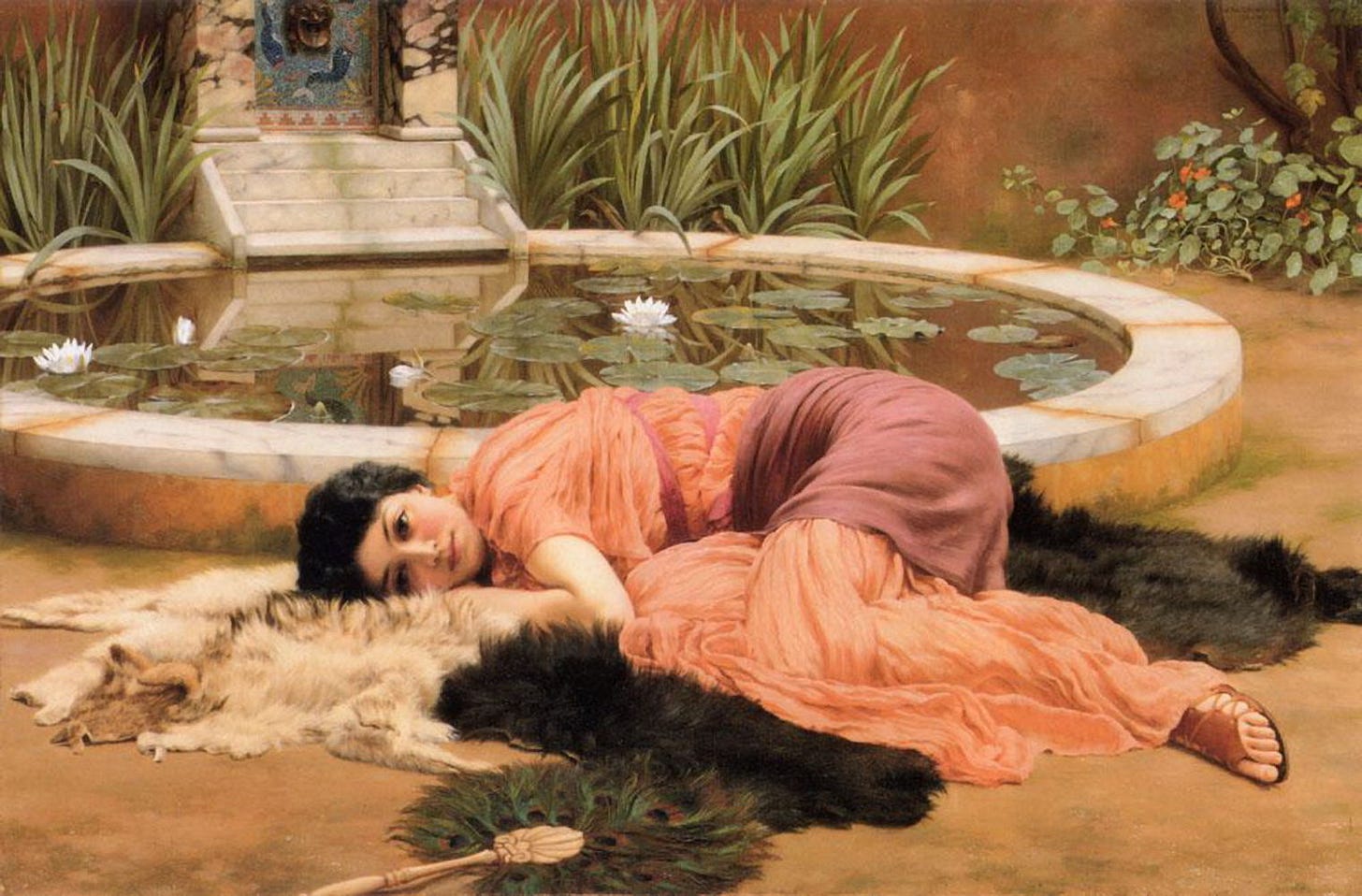


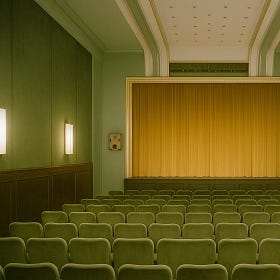
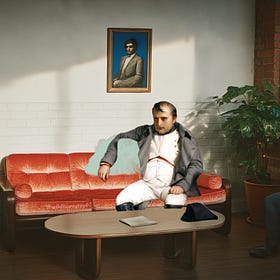

This is fantastic, one could argue a great case for the slow living movement as well
Beautifully said. This lack of dolce far niente seems from my experience to be a specifically American problem. Still remember vividly "wasting" my summer vacations at my cousins' place when growing up in India, both us kids and adults would spend entire evenings on the porch, sipping tea, playing cards, just existing in the moment.